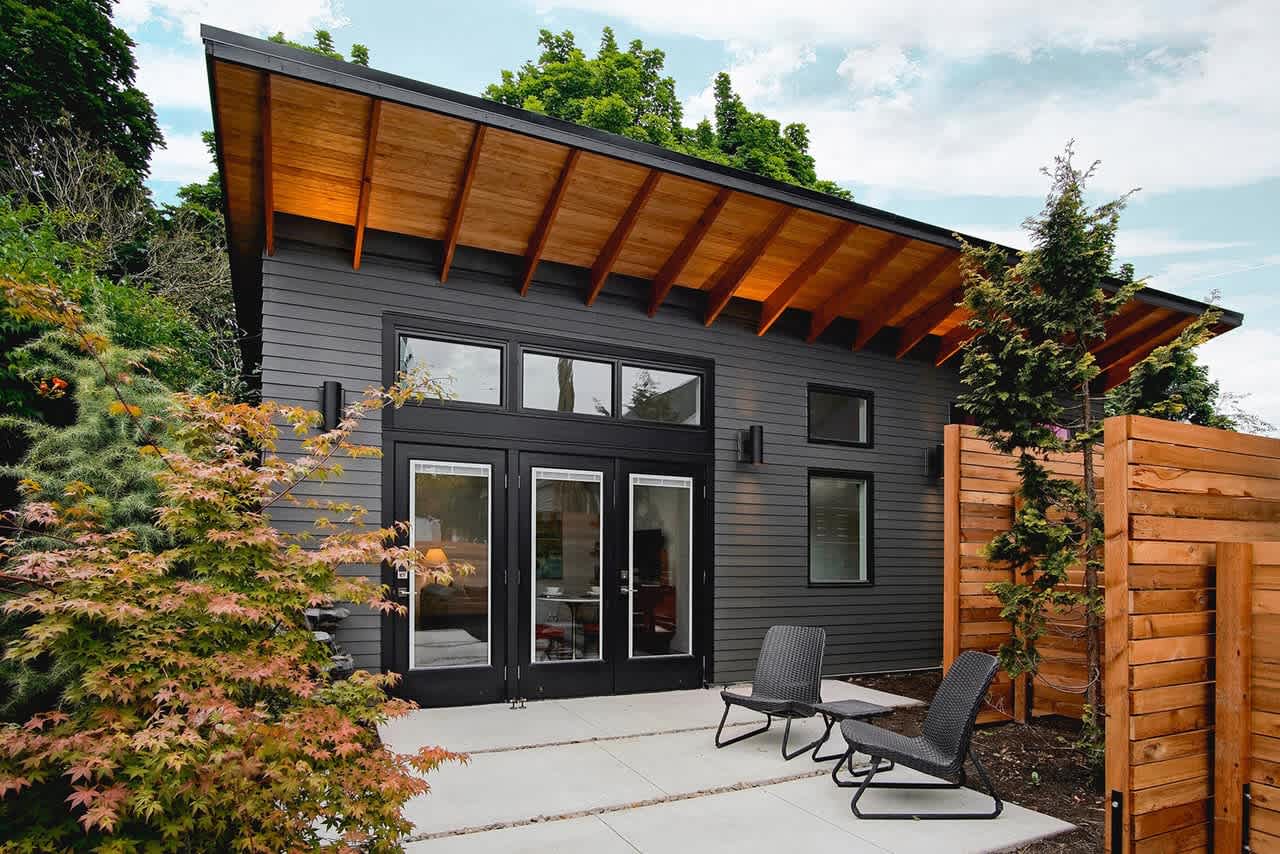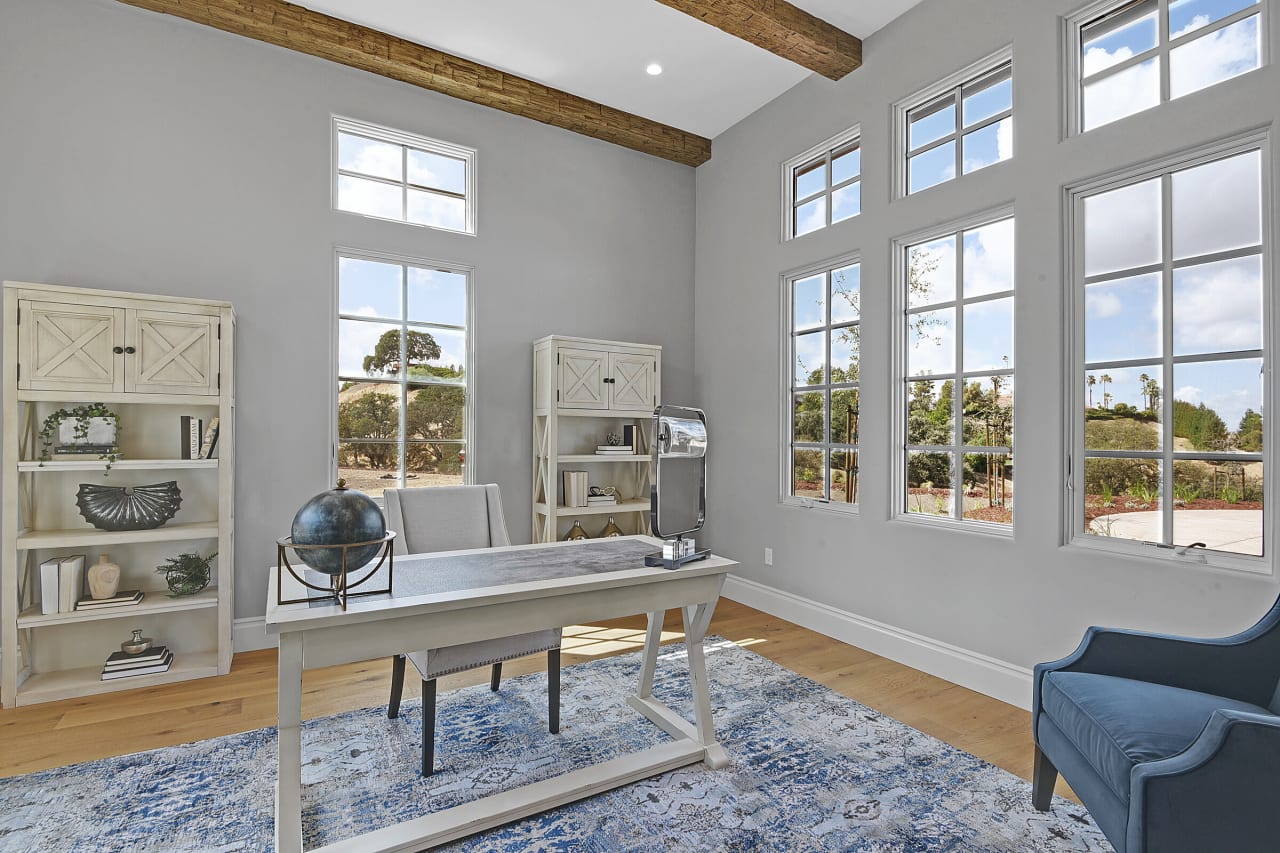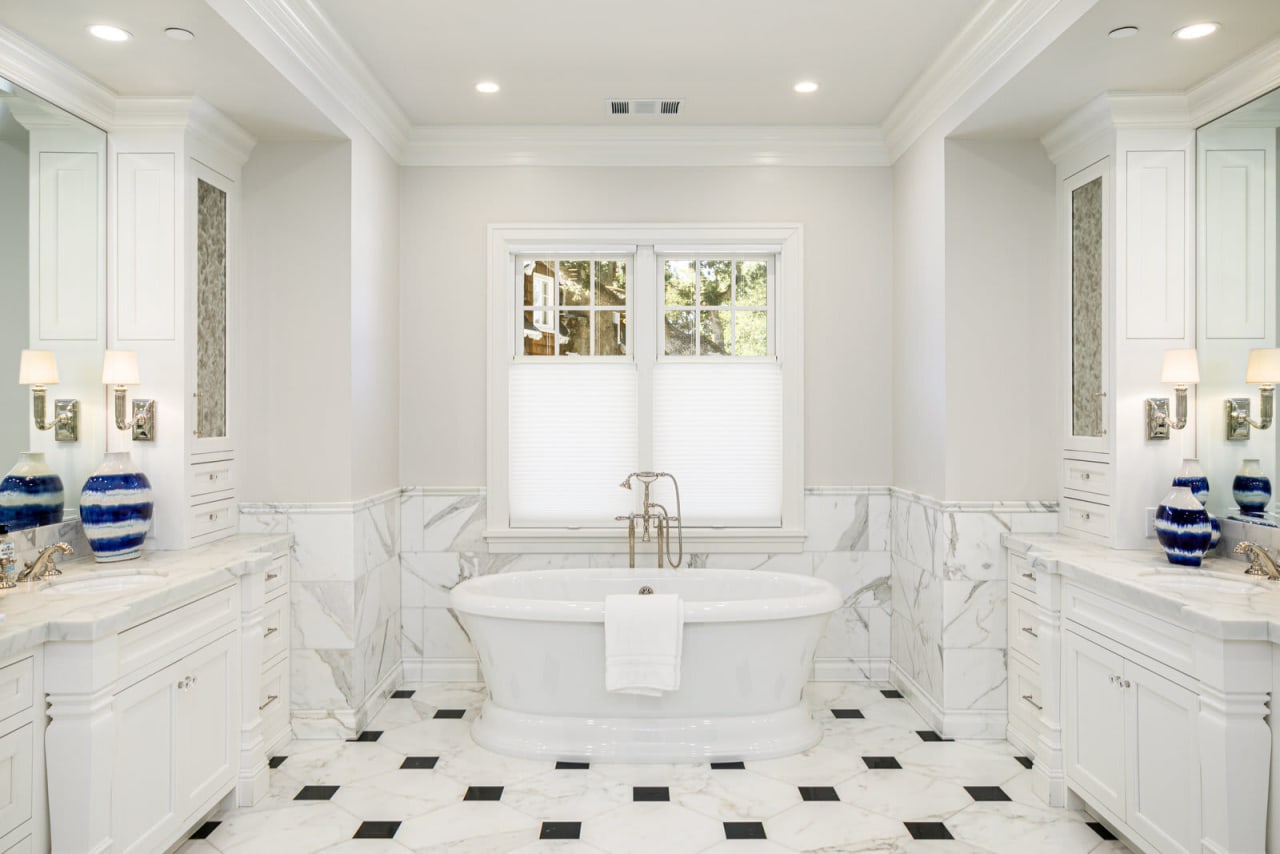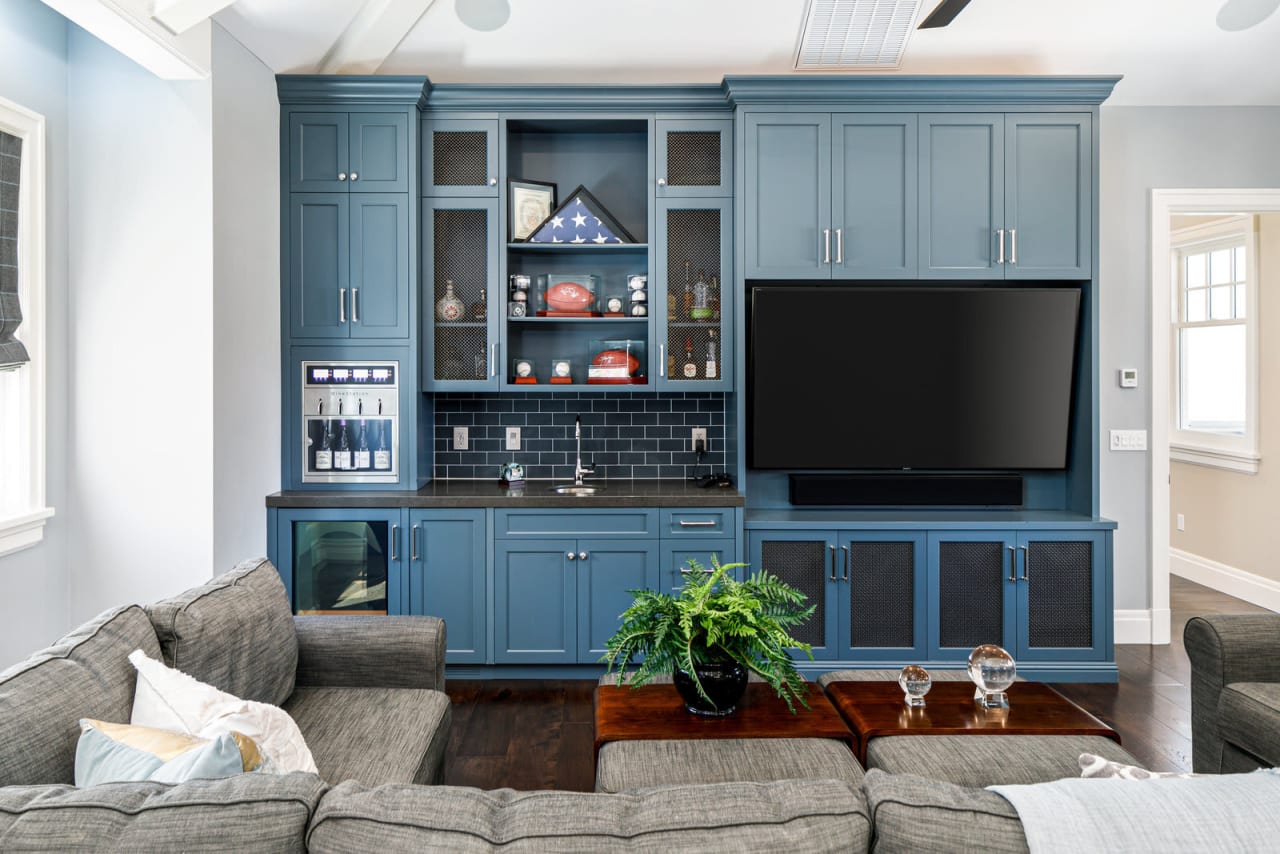July 18, 2023

The housing crisis has led to a rise in alternative living options, one of which is the Accessory Dwelling Unit (ADU) movement. ADU homes, also known as in-law units or granny flats, are self-contained small homes that are built on the same property as a primary home. ADUs offer additional housing solutions that have several financial, social, and environmental benefits.
In this blog post, we'll explore the ADU movement and help you determine if it may be the right choice for you and your family.
What is an ADU?
ADUs are small, self-contained homes that are constructed on the same lot as a primary home. ADUs can be attached to the primary home or detached, and can range from 300 square feet to 1,200 square feet. Many ADUs are built as part of backyard cottage projects and designed to accommodate elderly relatives or provide rental income.
Benefits of ADUs
There are several benefits to owning an ADU, including:
One of the most significant benefits of ADUs is that they generate additional rental income for homeowners. In cities with a high cost of living, such as San Francisco, renting out ADUs can be a viable source of income.
Adding an ADU to your property can add to the resale value and increase the value of your property significantly.
ADUs offer affordable housing options for renters who might otherwise struggle to find affordable housing in metropolitan areas.
ADUs are often designed to be eco-friendly, adding to the sustainability of residential areas and complementing current initiatives to create livable, sustainable communities.
Is an ADU Right for You?
While ADUs offer an array of benefits, it's important to weigh a few factors to determine if an ADU is the right choice for you and your family.
Before starting on an ADU project, make sure to check your local zoning laws to see if ADUs are allowed within your jurisdiction. The zoning laws will often indicate the size and type of ADU that can be built on your property.
ADUs can be costly to build, and financing options may be limited. Ensure that the cost of building an ADU on your property will be a financially viable option.
ADUs require a certain amount of space on your property and must follow local property guidelines. You'll need enough space to accommodate an adequate foundation, power, and plumbing, as well as space for outdoor living.
So, to sum up, the ADU movement provides numerous benefits for homeowners, including increased property value and opportunities for additional income. Before you begin building an ADU, please check your local zoning laws, weigh the costs, and make sure that the available space on your property is enough. Overall, ADUs offer living solutions that are beneficial for both homeowners and renters, making them a worthwhile option to consider.
Stay up to date on the latest real estate trends.

April 29, 2024
April Market Update

March 26, 2024
Downtown Pleasanton and West Danville 📈

March 7, 2024
Your Key to Success with Elation Real Estate

February 29, 2024
Working with a real estate agent is a smart choice. Here's why:

February 13, 2024
The Latest on the Market

February 9, 2024

January 25, 2024

January 11, 2024
January Market Update

December 19, 2023
You’ve got questions and we can’t wait to answer them.